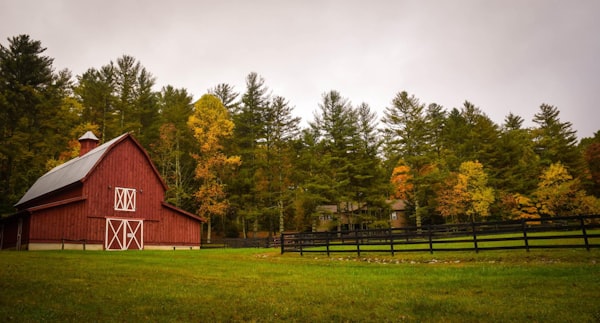10 Open Source Free Farm Management Software
Table of Content
Farms may vary in shape, size, and specialization, but with persistence and discipline, they are all manageable.
While it's true that some farmers prefer to stick to traditional methods and manage everything themselves, there is no doubt that technology has been a game-changer in the agricultural sector. By embracing technology, farmers can now collect and analyze data on everything from soil moisture levels to plant growth rates.
This information can then be used to fine-tune farming practices and optimize yields. Technology has made it easier for farmers to make informed decisions about planting, harvesting, and selling their crops by providing information on weather patterns and market prices.
All of these innovations have helped to increase efficiency and profitability in farming, making it an exciting time to be in agriculture.
The first adaptation of technology for farms was the use of security CCTV systems with motion detection support, to protect small farm animals from predators and the farm from thieves. Even if you have a dog or dogs, it's still worth considering.
Other larger farms opt for software to manage their workflow, livestock, and farming spaces. However, this is no easy task.
We have reviewed several commercial farming software options aimed at large farms and livestock establishments, but we also offer open-source counterparts or alternatives that you can use freely on your own farm.
But first, what is an open source program?
Open source programs or software are free applications that allow anyone to use, download, and examine the source code, and sometimes build on it. Unlike commercial software, open source software is often supported by a large community of users and developers.
As an added bonus, you own your own data because it is installed on your machines, which is not the case for many commercial SaaS apps.
In this post, we present the best open-source farming apps that we could find. Please note that this is an evergreen post, which means we will regularly update it with new findings.
1- farmOS
The farmOS application is a web-based solution for farm management, planning, and record keeping. It is built on top of the Drupal CMS and is ideal for large farms. farmOS allows farmers and farm managers to manage locations, events, records, assets, people, and inventory.
Originally built by a community of farmers, developers, and researchers, farmOS is a modular system that allows developers to extend it by building modules on top of it.
The project is released under the GNU General Public License.
2- Tania
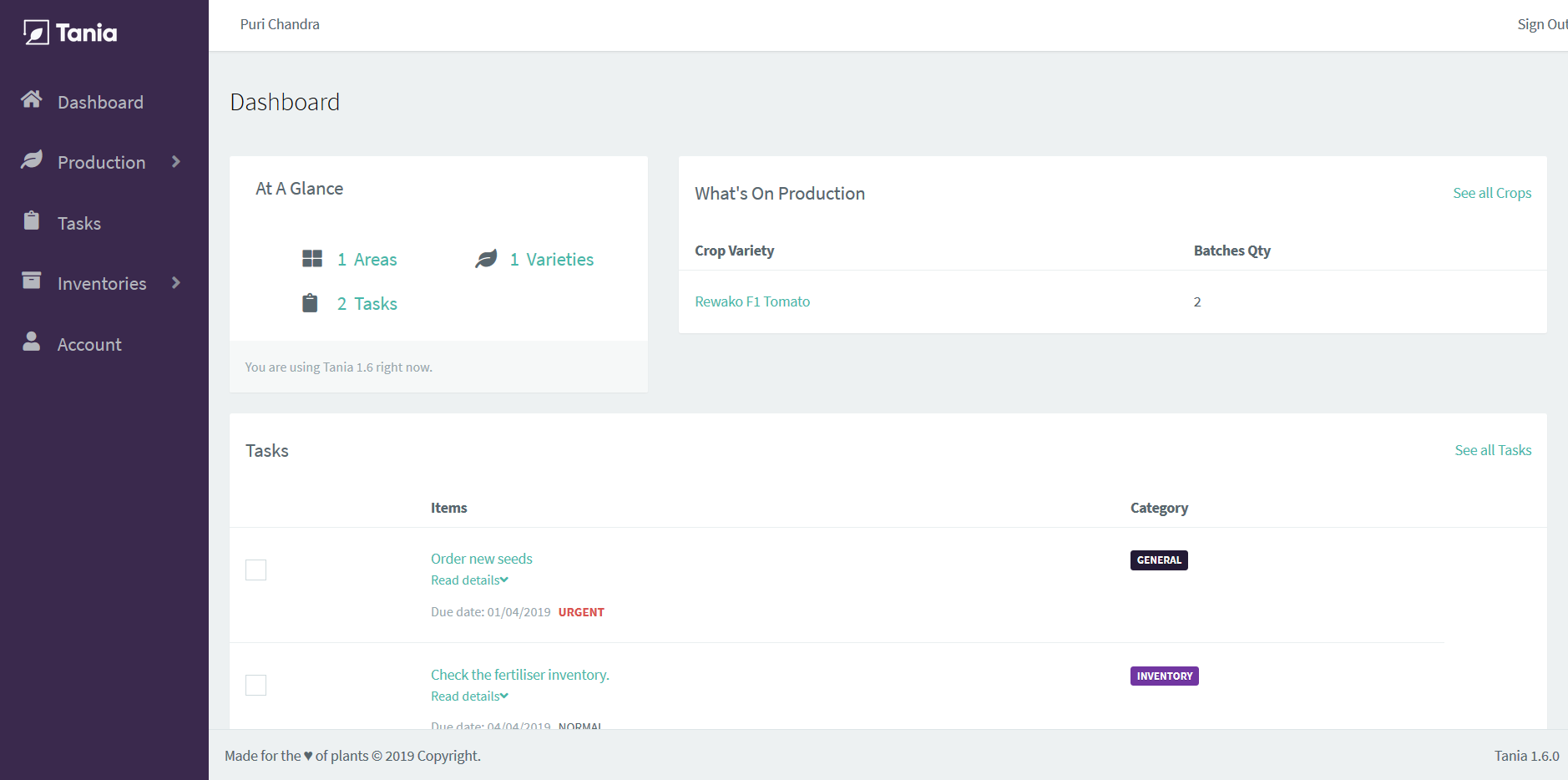
Tania is a free and open-source farm management software. It allows you to manage your farm areas, reservoirs, tasks, inventories, and crop growth progress. Tania is designed for any type of farm and offers two editions: a community free edition and a commercial one.
Tania is written in the Go programming language and is available for Linux and Windows machines. The app comes with a developer-friendly API and easy localization setup in many languages.
The Tania community edition is released under the Apache 2.0 open-source license.
3- LiteFarm
LiteFarm is a free and open-source farm management software designed to help farmers manage their farming spaces, locations, activities, inventory, certifications, and more.
LiteFarm is a web-based online solution that is available for anyone to install and self-host. It offers a responsive design that works smoothly on mobiles, tablets, and large screens.
Moreover, it is easy to use, even for non-technical people.
The first version of LiteFarm (1.0.0) was released to the public in July 2020. The LiteFarm app is continually being developed, with farmers, researchers, designers, and developers working together to create new localized modules and features for the future. LiteFarm is currently deployed in Canada, the USA, and Latin America.
4- SuperGreenOS
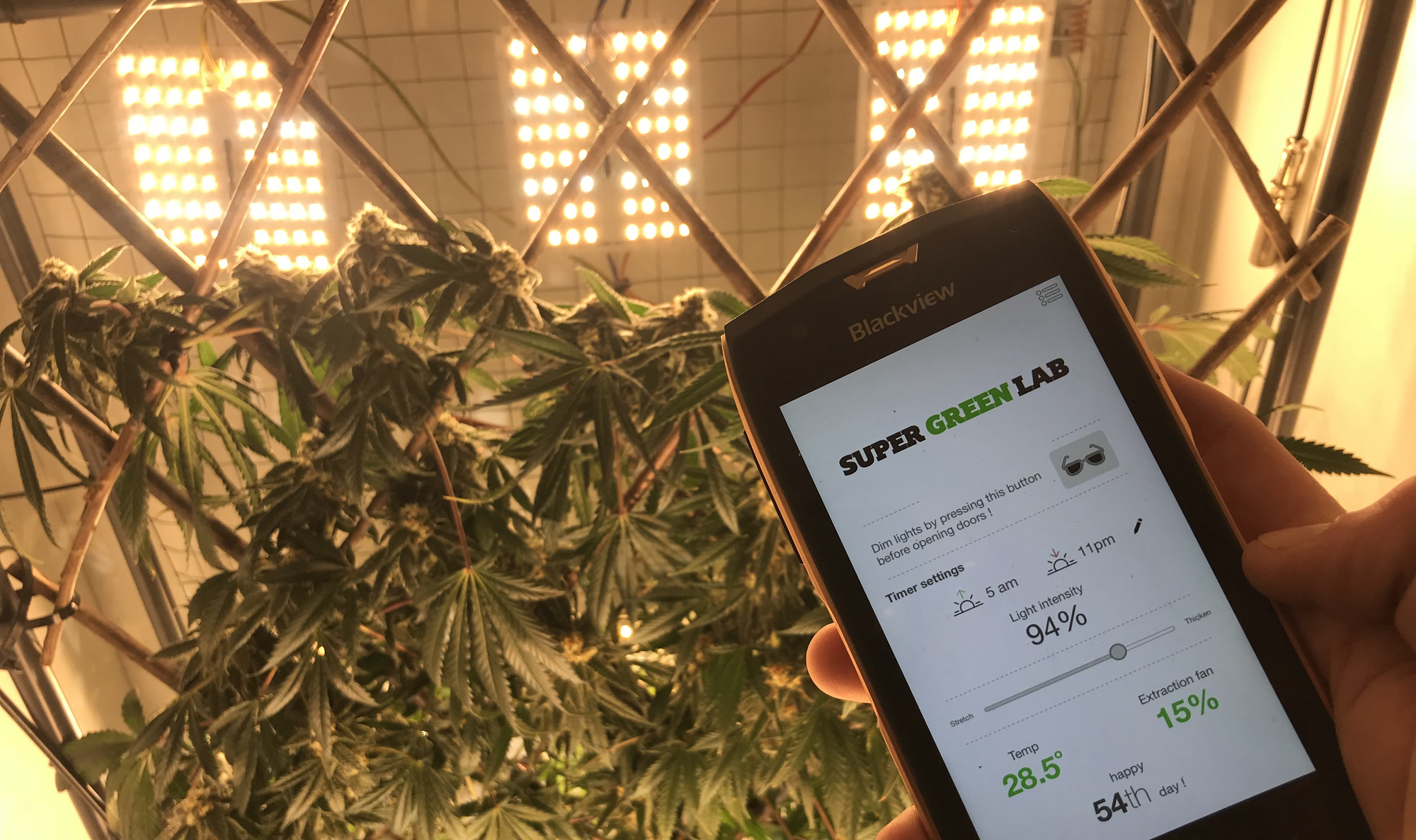
Unlike other software on this list, SuperGreenOS is specifically designed to automate and manage small area farming operations for growing cannabis at home.
We included SuperGreenOS on this list because it is an amazing open-source program. It automates lights and ventilation through sensors placed in the user's farming hood.
SuperGreenOS is released under the GPL-3.0 License as an open-source project.
5- Ekylibre
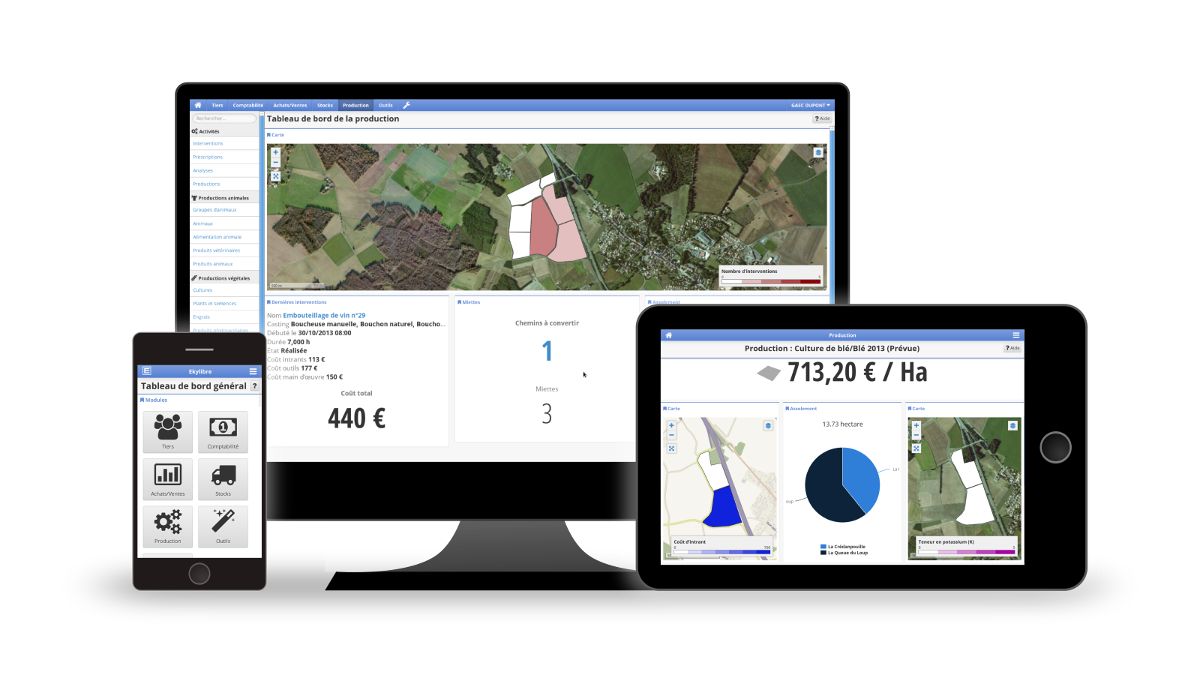
Ekylibre is a web application for farm management information systems (FMIS). It is written with the Ruby on Rails framework and uses the PostgreSQL and PostGIS stack.
Although the community edition is released as an open-source project, a SaaS subscription is available starting at 29.90 Euros per month. This subscription comes with dozens of features tailored for large farms.
6- FarmBot
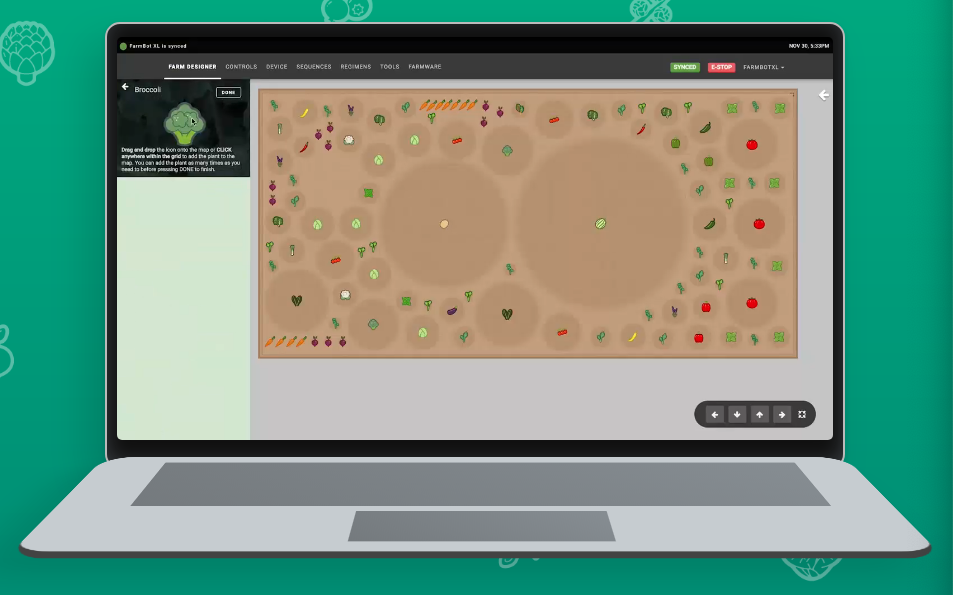
This is a complete open-source system for managing and automating CNC farming machines. All the tools are free and available for download, installation, and use by anyone.
7- Farm Management Simulator
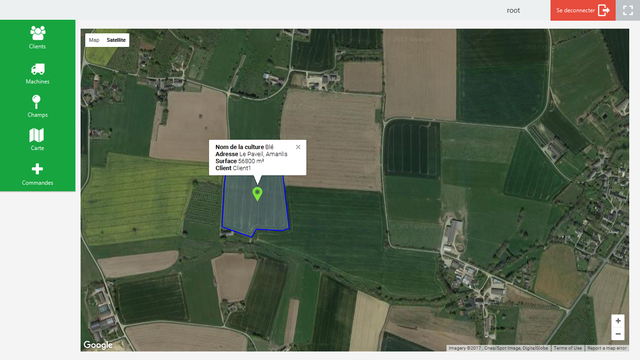
A Java/FX application facilitates collaboration between agronomists and farmers in making farming decisions. The Map Field Management System enables remote monitoring of agricultural land and efficient planning and execution of agricultural operations.
8- GENMON
This is an open-source, self-hosted web solution for managing livestock, including cows, goats, sheep, chickens, horses, and more. You can find the source code on GitHub.
9- ISOBlue
The Agricultural Machinery Sensor Hub is an open-source solution, available at isoblue.org. It allows farmers to collect CAN and GPS data from their farm machines, making it an ideal solution for large farms.
10- myCrop
myCrop is a farm strategic analysis and management application intended for amateur or professional farmers. The app is a cross-platform solution that is written using Java, which means it can run on Windows, Linux, and macOS.
This software can collect and manage data on various aspects of crop farming, including farm fields, crop types, crops per field, and crop yield. It can also collect and manage data on various applications related to crop farming, such as watering, pruning, fertilizing, and pesticide application.
It is important to know that the project did not receive any update for years.
The following is a short list of other types of software that farms may require, which are free and open source:
- Open source inventory and stock management.
- Open source CCTV, NVR and DVR systems.
- Open source free security messaging software.
- Free home automation system.


